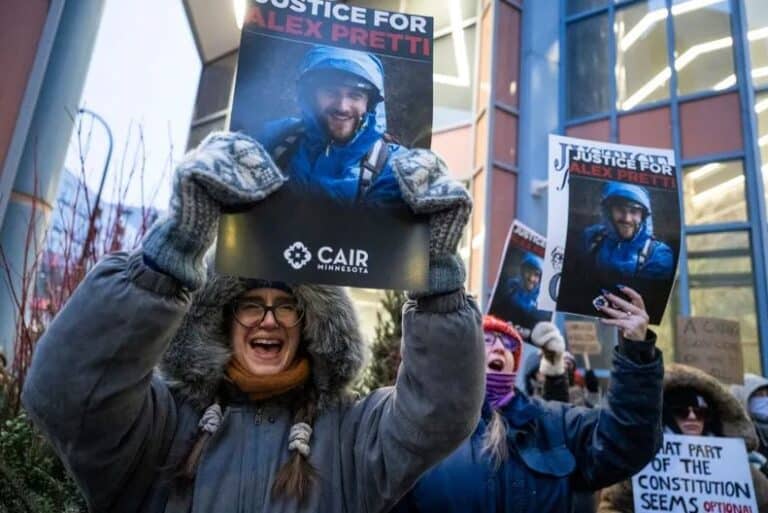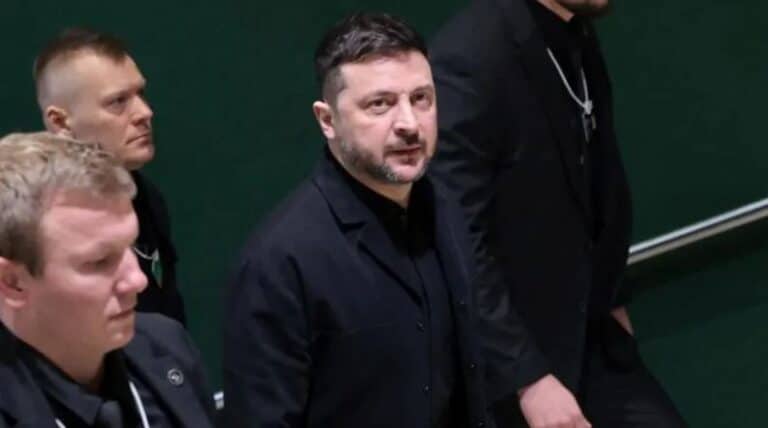
The promise of accountability for a wrongful conviction has yet to materialize for Robert Mailman, who, along with Walter Gillespie, spent years in prison for a 1983 murder they did not commit. Over a year has passed since Saint John Police Chief Robert Bruce announced an independent review of the investigation that led to their convictions, but no findings have been released, and there is no timeline for their publication.
Mailman, battling terminal liver cancer, fears he may not live to see the outcome or receive an apology from the police. “It’s like being wronged twice—once by the conviction, and now by the lack of action,” he said.
The review was announced after New Brunswick Court of King’s Bench Chief Justice Tracey DeWare exonerated the men, declaring their convictions a miscarriage of justice. Earlier, federal Justice Minister Arif Virani had ordered a new trial, citing evidence that cast doubt on the fairness of their prosecution.
Chief Bruce tasked retired RCMP officer Allen Farrah to conduct an independent review of the Saint John police investigation. Farrah, now leading the investigative consulting firm Clear-Path Solutions, has declined to comment on the status of the review, redirecting questions back to the police department.
The case’s failures, highlighted during the exoneration process, include payments made by the police to a key witness, 16-year-old John Loeman Jr., who testified in 1984 that he had seen the murder of George Leeman. Court documents revealed that the police provided Loeman with $1,800 in addition to covering hotel and relocation expenses—information that was never disclosed during the trial. Loeman later recanted his testimony multiple times, raising serious questions about the conduct of the investigation.
“This case was a disgrace,” said James Lockyer, founding director of Innocence Canada, after the men’s acquittal. “It was simply a case where the ends justify the means from the police perspective.”
The delay in the review has frustrated advocates and raised concerns about transparency. Staff Sergeant Matt Weir, a spokesman for the Saint John police, stated that there is no set timeline for the findings to be made public.
For Mailman, the lack of progress is deeply troubling. “I’ve been waiting for justice for decades. Now, I’m not sure I’ll live long enough to see it,” he said. His words echo the sentiments of many who view the review as a critical step in addressing systemic flaws in the justice system.
The case has reignited conversations about wrongful convictions and the importance of police accountability. Advocates are calling for swift action, not only to bring closure to Mailman and Gillespie but also to ensure similar injustices do not happen again.
The tragedy of Mailman’s story lies not just in his wrongful conviction but in the prolonged denial of resolution. As his health deteriorates, the urgency for justice becomes all the more pressing.
“We need action, not promises,” Mailman said. “It’s not just about me—it’s about restoring faith in the system.”







